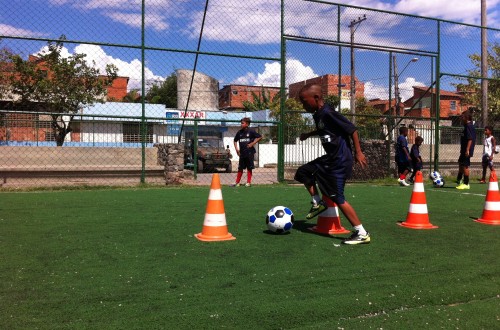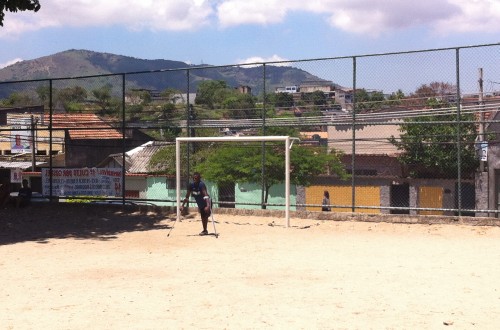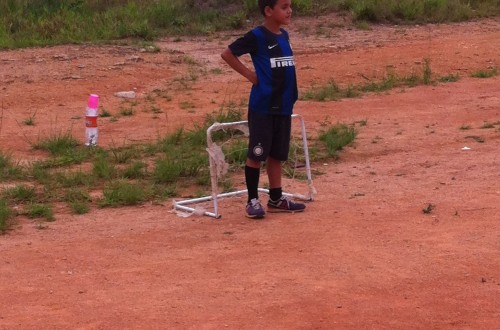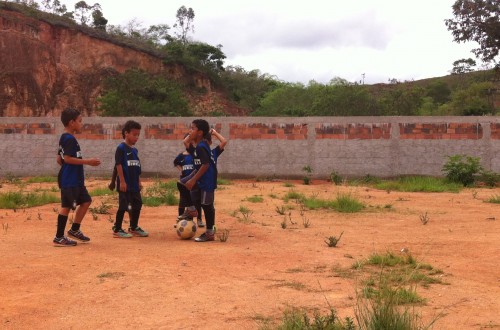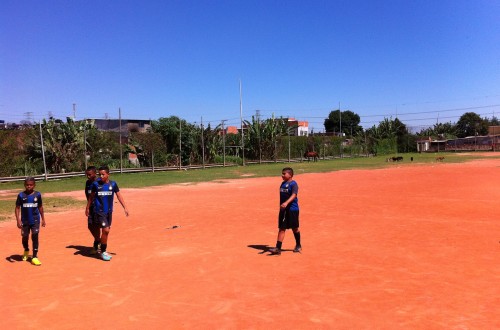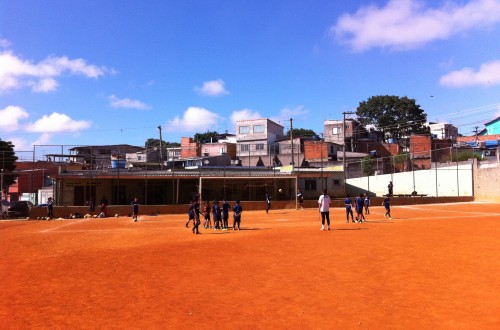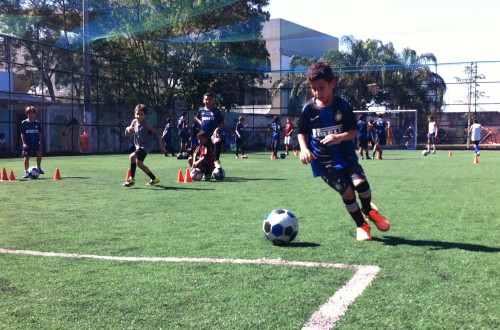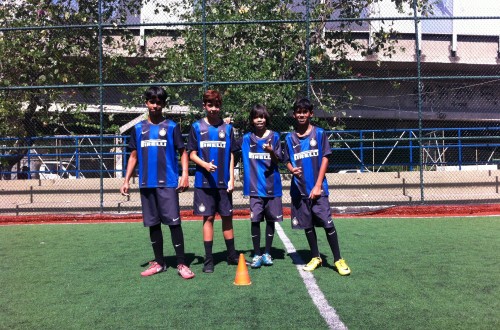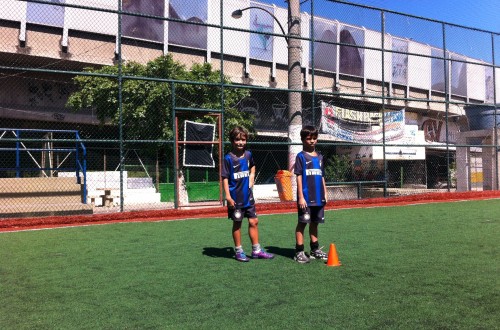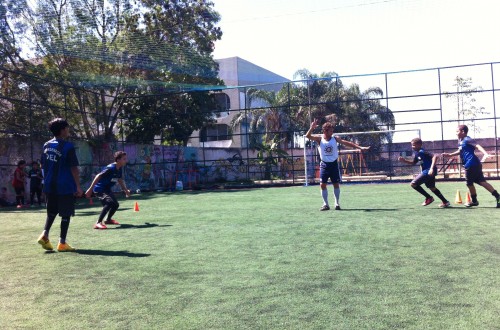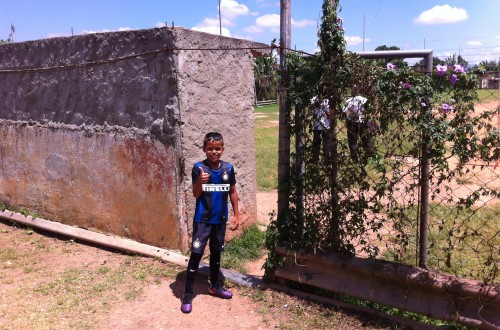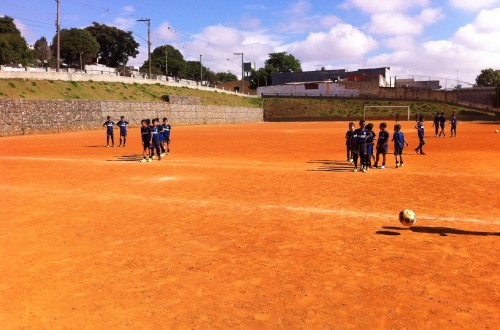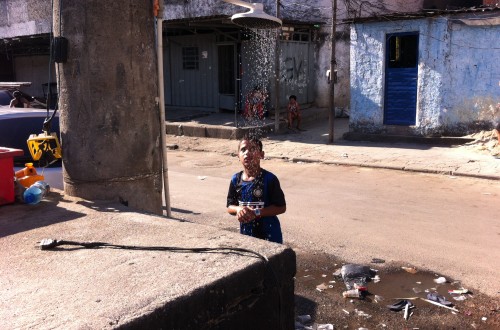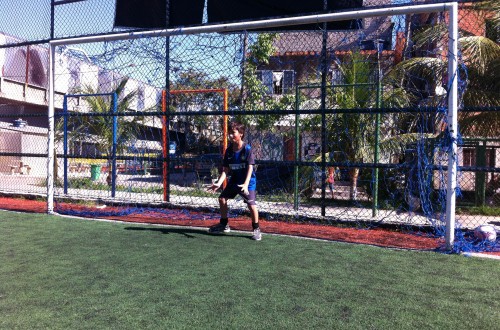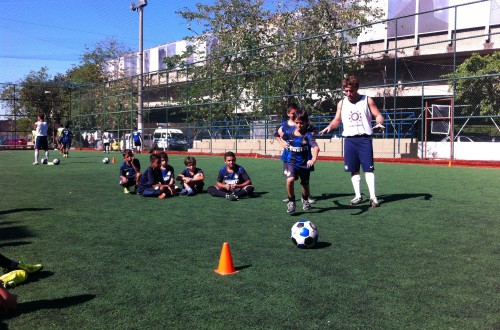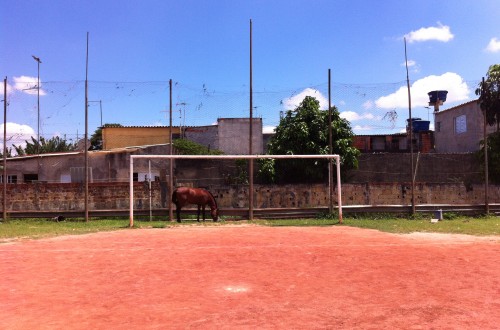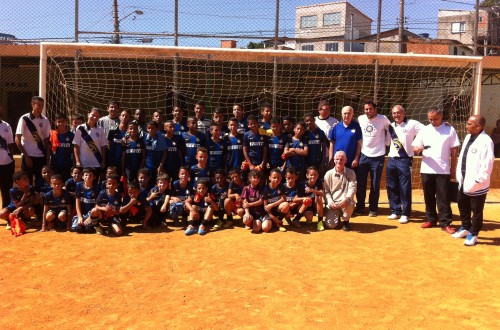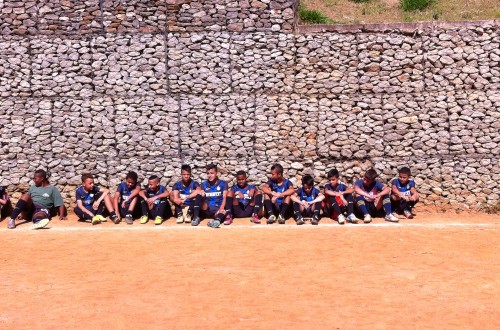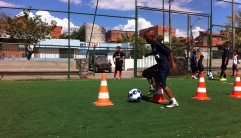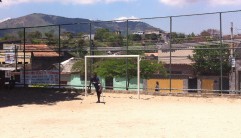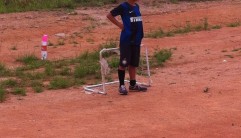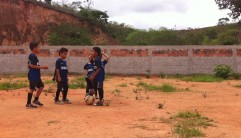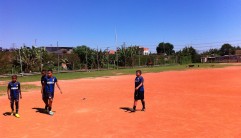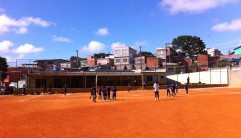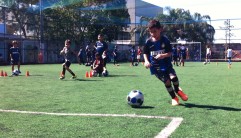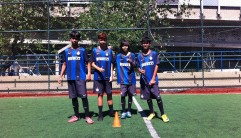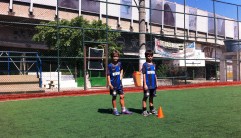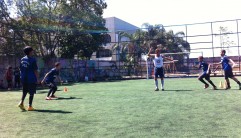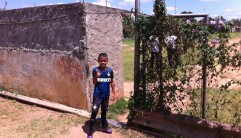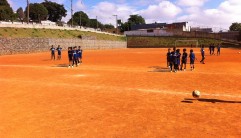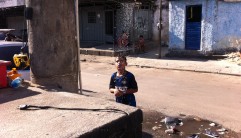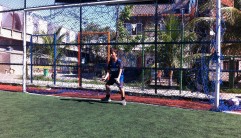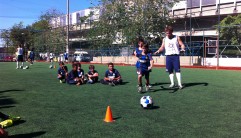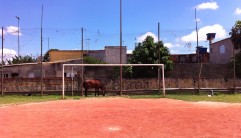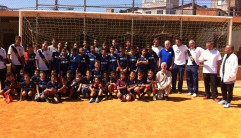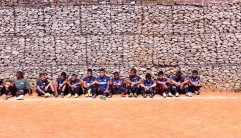RIO DE JANERIO – Growing up is no mean feat at the best of times, a delicate balancing act between preserving and valuing one’s own personality and assuming the new responsibilities of the adult world.
In a sense, Brazil is the embodiment of this heady equilibrium. Full of character but still in a state of development, the country is one striving for a better tomorrow. Despite its sprawling landmass, Brazil is a country united by samba rhythms and o joga bonito. Brazilians want to move forward, though not at the expense of their way of being. Indeed, their zest for life is a far better measure of the nation than the ostentatious beaches of Copacabana or Ipanema.
To venture into the heart of the favelas is to step into the real Brazil, to see the nation for what it really is. And what is it? A country of chaotic joy, burgeoning entrepreneurialism and searing courage, which seems to rise above its unkempt streets and uneven roads. Yet this coexists with constant internal battles for territorial supremacy, where drugs and guns are rife.
Maré, a suburb on the outskirts of Rio de Janeiro where Inter Campus has been operating for some time, is emblematic of the progress being made in the city. Inter Campus has been especially active in the Sao Goncalo and Cavalcante favelas, and is proud to form part of what is surely an historic – albeit lengthy – period of transformation.
The first time we visited, we were forced to bump the car up onto the pavement to avoid huge pieces of wood lying in the streets, folding in the wing mirrors to avoid the lampposts. The planks of wood signified the confines of the favela and the extent of the government’s influence. As if by tacit accord, the virtual border was rarely crossed by either party.
Inside the community, life was characterised by extremely varied, small-scale entrepreneurial activity. Nowadays, however, the wood has been removed and replaced with a checkpoint and a series of orange traffic cones – hallmarks of the state’s newfound influence. Indeed, the police are gaining ground here – a place where once they didn’t dare set foot – although it remains unsafe in the majority. Their arrival has revealed the multitude of clandestine activity which goes on in the favelas, concealed for so long under a seemingly calm façade. Clashes are commonplace, particularly in the early hours of the morning.
The spectre of change is a frightening prospect, but the inhabitants’ love of dance and football has never deserted them. The Inter Campus personnel are part of a far-reaching social regeneration project, one that puts children firmly at the heart of its activity. And it’s no surprise that football pitches are invariably the first places to be restored, given that they are a crucial centre point of every community. Thanks to these projects, football pitches become arenas for growth and interaction, with instructors playing a pivotal role in the youngsters’ lives.
The desire for change has never been more palpable than it is now, a feeling that extends to the Selecao itself. The the Brazilian team’s 1-7 humiliation at the hands of Germany remains an open wound in the fabric of the country, but also represents an opportunity for a new start, with a new philosophy of collaboration on and off the pitch. Whilst the people are keen to put forward excuses for the defeat – from poor coaching to dubious refereeing – the determination to bounce back is profound.
Inter Campus’s work continues, then. With the future of Brazilian football on everyone’s minds, we’re undoubtedly in the right place at the right time.
Obrigado, Brazil!
12.12.2014




